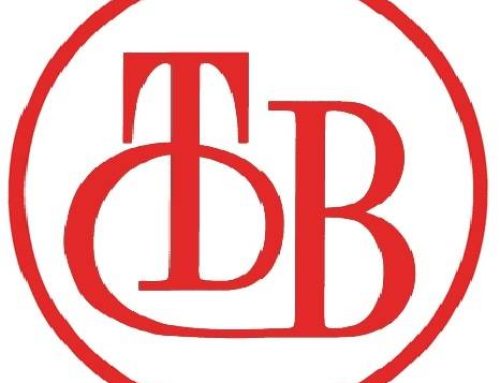Published in the Coffs Coast Advocate on 30 May 2015.
 Max migrated to Australia 6 years ago. He still owns real estate overseas and in order to sell the property, his overseas solicitor has asked him to take a power of attorney to a “notary public” in Australia for execution.
Max migrated to Australia 6 years ago. He still owns real estate overseas and in order to sell the property, his overseas solicitor has asked him to take a power of attorney to a “notary public” in Australia for execution.
The power of attorney gives his overseas solicitor the authority to sign documents on Max’s behalf and generally facilitate settlement of the transaction.
A notary public is similar to a Justice of the Peace but has the authority to deal with documentation to be used overseas. A public notary will normally be a solicitor who has been practising for at least 5 years and who has successfully completed a notarial course. A public notary must also have their signature and individual seal registered.
Max makes an appointment with a notary public and takes the power of attorney with him, together with a copy that has been translated into English by a NAATI (National Accreditation Authority for Translators and Interpreters) registered translator.
The notary public obtains three forms of identification from Max and retains copies in the notarial register.
The notary public explains to Max that he is unable to provide any advice as to whether the power of attorney will effectively operate overseas and that his role solely relates to witnessing Max’s execution of the document.
The notary public, nonetheless ensures that Max understands the effect of the document before execution. The notary public also executes the document as witness before affixing a notarial seal, using a custom made embosser.
It is an additional requirement that in this case, the notary’s seal is “authenticated”. This would sometimes mean that the document is sent to the Australian Department of Foreign Affairs and Trading (DFAT) for “authentication” before being sent to the specific embassy for “legalisation”.
In this case however, the overseas country is a member of the Hague Convention and it is therefore sufficient for DFAT to seal the power of attorney with an “Apostille”.
An Apostille is a certificate, verifying the signature and seal of the notary public, which is physically bound to the power of attorney with green ribbon.
The notarised power of attorney is ultimately returned to the overseas solicitor and the transaction proceeds.





